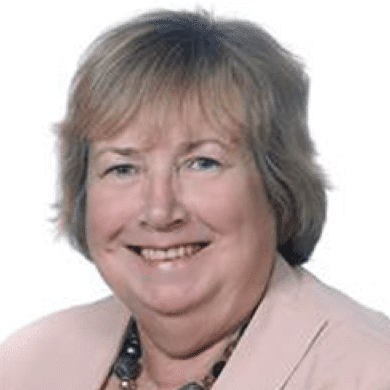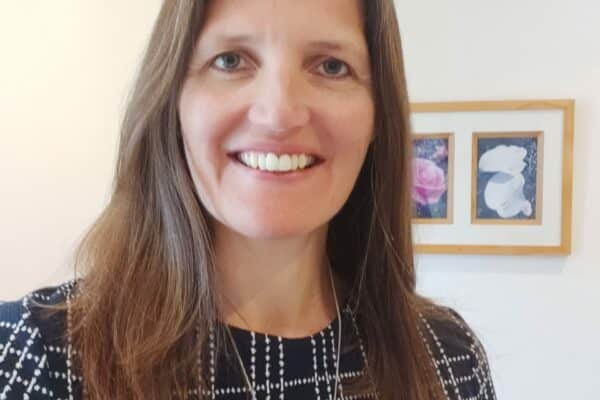Can a relative holding Health And Welfare Lasting Power Of Attorney on behalf of one our residents refuse to allow the person to be admitted to hospital for a medical examination? The circumstances are, the person lacks the capacity to make a decision through living with dementia, they have had a fall and has a suspected fractured ankle and is in a great deal of pain. The GP wants the resident to go to hospital for an x-ray but the family with LPA say no because of the fear and confusion the resident would suffer as a consequence. We feel that allowing this would be a breach of our duty of care and would place us in the invidious position of having to raise a safeguarding concern against the family. In the event, we admitted the person to hospital accompanied by our dementia lead carer and obtained grudging approval from the family after the event, but as a similar disagreement seems likely to occur again it would be helpful to understand what our position is if we are concerned about a decision made by the person holding the Health And Welfare LPA.
Dear A,
Thank you for your question which is one of the most challenging I have ever received.
Luckily at QCS we have many knowledge specialists (https://www.qcs.co.uk/team/) who are experts in their particular field so I was able to consult Rachel Griffiths who is our Mental Capacity and Human Rights Specialist and I am very grateful to her for her comprehensive response set out below.
“The attorney of a Lasting Power of Attorney (LPA) for health and welfare does have the power to consent to, or refuse, any welfare or health intervention – but they must be acting in the person’s best interests and in making best interests decisions, they are bound to have regard to the Mental Capacity Act code of practice just as paid professionals and care staff must. Anyone who thinks the attorney is not acting in the person’s best interests must notify the Office of the Public Guardian, who, after investigation, may apply to the Court of Protection to have the powers removed from that attorney. Where appropriate, the worried person would also raise a safeguarding enquiry.
So that’s the simple position.
However, it’s also important that the provider is clear exactly what powers are given or not given: a donor (the person who makes the LPA) can personalise their LPA, to give, or explicitly refuse to give, certain powers. The example in the code of practice is a donor who knows that her daughter, who will be the attorney, dislikes her church friends, can put in the LPA form that her attorney cannot refuse to let these friends visit the donor whenever they want.
This requirement for the provider to know what powers are given or not given applies particularly to the power, which must be explicitly given by the donor, to consent to or refuse life-sustaining treatment. It really is crucial that the provider – and the attorney – know which powers the attorney has been given!
Coming to the current situation, assuming that the person hasn’t made an advance decision to refuse treatment that’s relevant, and that there is nothing in the LPA forms that would have helped, such as refusing to give the attorney powers to go against medical advice, it seems to me that the attorney was approaching best interests as holistic rather than just medical: so far, so good – indeed admirable.
In this case, the attorney’s refusal of admission was indeed worrying: the provider’s actions are completely understandable, and the provider might have thought that it would take too long to contact the Office of the Public Guardian and wait for a Visitor to arrive. But for the future, the provider must recognise that this person does have the powers that were in practice overruled.
So, to prevent this happening again, the provider should get together with the attorney (and any other health and welfare attorneys of course if there are any), plus any other relatives or close friends who’d have a view on this resident’s best interests: invite the GP and it’d be great if they either came or sent a note of their views of the donor’s physical health needs. The purpose is, to recognise that this resident might again be in a similar situation where hospital admission might be advisable, and help the attorney (whose decision it will be) to work out the person’s best interests: in particular, when relatively simple treatment would relieve pain, how to make this as good an experience for the person as possible, while balancing the different aspects of best interests for someone who will be confused and frightened in hospital.
The writer modelled good practice by sending an experienced dementia carer with the person; perhaps the future plan will include sending such a carer, and maybe seeing if a relative could go too? Many elderly people are scared of over-treatment caused, at least in part, by either enthusiasm or risk-aversion on the part of medical professionals, and have told the attorney this: if the attorney refused, say, admission for invasive tests to establish whether the person has a cancer, because the donor has always told all her family that she wouldn’t want chemotherapy or surgery or similar if she’d got dementia and couldn’t make her own decision, so the attorney says they want the person to have the best possible palliative care but there’s no point in them having biopsies etc., since aggressive treatment is not appropriate…you can see that this feels a whole lot more ‘best interests.’
We think you will also find the statutory (so providers must ‘have regard to it’) MCA code of practice chapter 7 helpful: available at: https://www.gov.uk/government/publications/mental-capacity-act-code-of-practice
With best wishes,
Sheila







